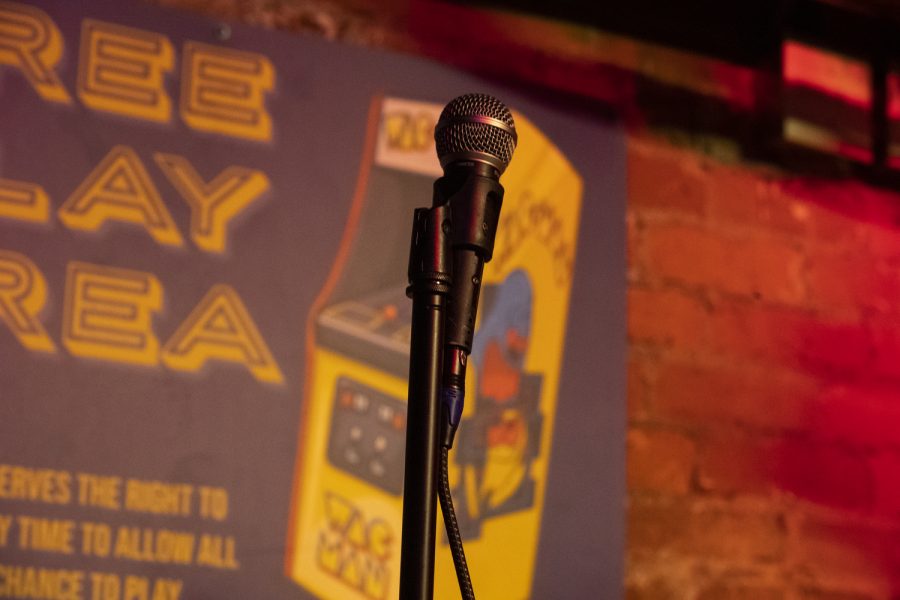While passing through Baltimore last week, DeVotchKa’s frontman Nick Urata visited poet Edgar Allan Poe’s home. As a child, he was terrified by Poe’s short story “The Black Cat,” in which a man hides his dead wife in the basement walls. Despite his childhood fears, he felt inspired when looking through Poe’s basement and observing an eerie hole in the wall.
“Reading somebody such as Poe or e.e. cummings and looking at the rhythm or just the choice of their words and how sentences flow together can really help you as a lyric writer,” he said.
Literature has often inspired the instrumental quartet. The band’s Russian name “DeVotchKa” is taken from Anthony Burgess’s novel A Clockwork Orange. Urata’s move from New York to Colorado in the late 1990s was partially propelled by Jack Kerouac’s Denver street character Neal Cassidy in the book On the Road.
The group will conclude its spring tour at 8 p.m. on Saturday in the First United Methodist Church, 214 E. Jefferson St. Tickets can be purchased in the IMU Box Office and all Ticketmaster locations. Admission is $20, plus a $1.50 service fee.
After moving from New York to Denver in the late 1990s, Urata met musicians Tom Hageman, Jeanie Schroder, and Shawn King, who each had an interest in different ethnic sounds. The four members began playing at burlesque shows and soon became a well known touring group, sharing the stage with acts such as Muse.
The band produced its first album, Supermelodrama, in 2000. Six years later, its song “The Winner Is” played on the big screen in the film Little Miss Sunshine. The film’s soundtrack, with a majority of tracks performed by DeVotchKa, was nominated for a Grammy for Best Compilation Soundtrack.
Labeling DeVotchKa’s unique sound proves to be challenging for music critics and journalists. At certain times, there is a hint of traditional Romanian melodies, at others, a mariachi-band vibe that finds a way to incorporate the indie-folk music. DeVotchKa uses a variety of instruments, including an accordion, sousaphone, trumpet, and bouzouki.
“If you think about how many different instruments each [member] can play, it’s more than 20 total, including a half-dozen few acts ever use,” publicist David Moke said.
For its eighth album, 100 Lovers, DeVotchKa traveled to an Arizona desert to record. The spot has been a traditional place for the band members to work and allows them to see wide-open spaces and star-lit skies. The band members believe that they can get away from their normal fast-paced life and produce material.
As in previous albums, 100 Lovers integrates ethnic sounds. Urata’s strong vocals resonate with mariachi horns, and playing international music has helped him to connect with his family’s roots.
Growing up, he was surrounded by his Italian relatives, with many playing instruments. Urata’s grandfather, after whom he was named, played violin and trombone, which inspired Urata to begin studying music in third grade.
“It was exotic and romantic to pursue these sounds from different cultures,” he said. “It got us into the practice room and made us inspired.”






